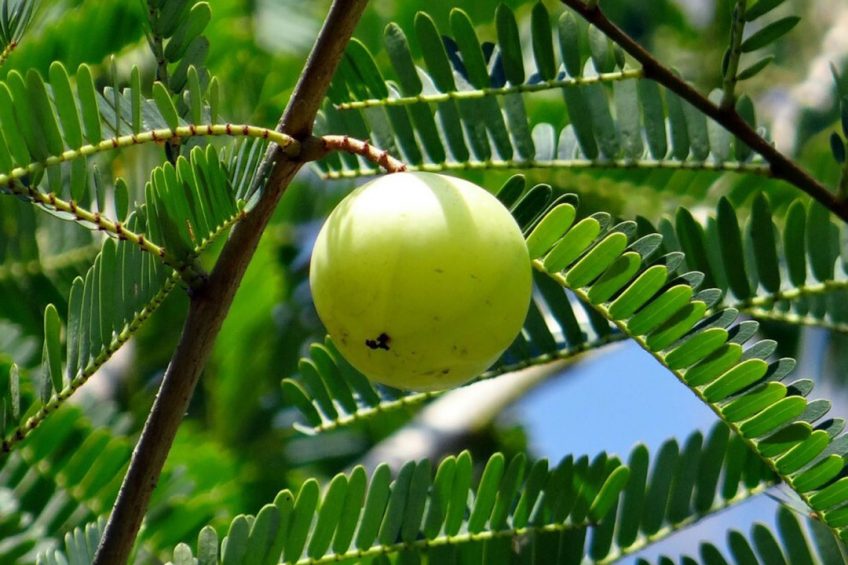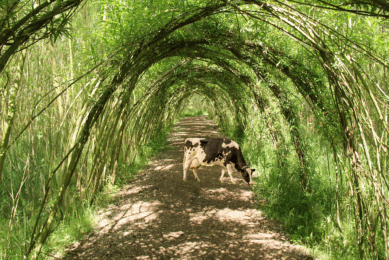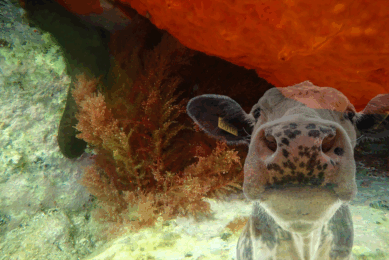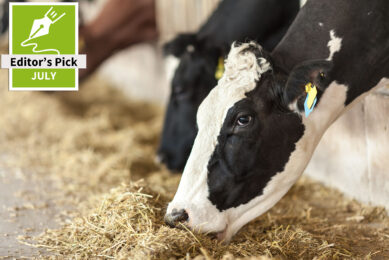Amla fruit a potential feed source for dairy cows

A recent study showed that the fresh Indian gooseberry fruit, otherwise known as amla, improved nutrient digestibility and rumen fermentation in dairy cows, resulting in enhanced milk performance.
There is growing interest in natural alternative feeds sources for livestock. Phyllanthus Emblica, commonly known as amla or the Indian gooseberry fruit, is a deciduous tree that typically grows in the tropical and subtropical parts of India, China, Indonesia, and Malaysia.
Availability of amla fruit for dairy cows due to waste
The amla fruit is consumed or used as medicine in India and China for its antioxidant and chemopreventive agents. However, due to its sour taste, the fruit does not appeal to everyone’s palate and so there is a significant amount of waste. This prompted researchers to explore the potential of Indian gooseberries as a feed source for dairy cows.
Nutritious
Amla contains a high concentration of bioactive plant components such as polyphenols, tannins, flavonoids, and vitamin C, while hydrolysable tannins are the dominating phenolic compounds. The researchers noted that the fruit is rich in secondary metabolites such as total phenolics and flavonoids.
Combatting heat stress and mastitis
The fruit has been shown in vivo to ease the adverse effect of heat stress in buffaloes and treat bovine mastitis, and in vitro to improve the digestion of dry matter and organic matter digestibility and rumen fermentation. The objective of this study, therefore, was to examine the effect of various amounts of fresh amla fruit on the digestibility, ruminal fermentation, and lactation performance of dairy cows.
The study of amla fruit for dairy cows
Eight ruminally cannulated Chinese Holstein mid-lactation dairy cows were randomly assigned to 2 treatment groups based on the cow’s milk yield, parity, and body weight. Experimental treatments were:
– Control group: total mixed ration without amla fruit.
– Total mixed ration supplemented with fresh amla fruit at 200 g/d, 400 g/d, or 600 g/d.
A potential feedstuff for lactating cows
The researchers* concluded that amla fruit is a potential feedstuff for lactating dairy cows and is characterised by a high level of phytochemicals that can impact the microbial ecosystem and the end-products of ruminal fermentation.
When cows were supplemented with a 400 g/d of amla fruit, both ruminal protozoa counts and milk urea nitrogen were reduced, but milk protein and nitrogen efficiency were increased with no reduction in milk production. Meanwhile, feeding 600 g/d of amla fruit increased NH3-N (ammonia nitrogen) and milk urea nitrogen concentrations, and decreased milk yield compared to 200g/d or 400 g/d of amla fruit supplementation.
According to the research team, these results suggest that amla fruit can be used as an alternative natural feed source up to 400 g/d on an as-fed basis. But, beyond that, there may have anti-nutritional factors that limit the levels of amla supplementation.
*This study was conducted by Mekonnen Tilahun, Liansheng Zhao, Zitai Guo, Yifan Shen, Lu Ma, Todd R. Callaway, Jianchu Xu, Dengpan Bu representing the Chinese Academy of Agricultural Sciences, the Department of Animal and Dairy Science at the University of Georgia, the Joint Laboratory on Integrated Crop-Tree-Livestock Systems of the Chinese Academy of Agricultural Sciences, the Ethiopian Institute of Agricultural Research and World Agroforestry Center, the Key Laboratory of Economic Plants and Biotechnology, Kunming Institute of Botany.











